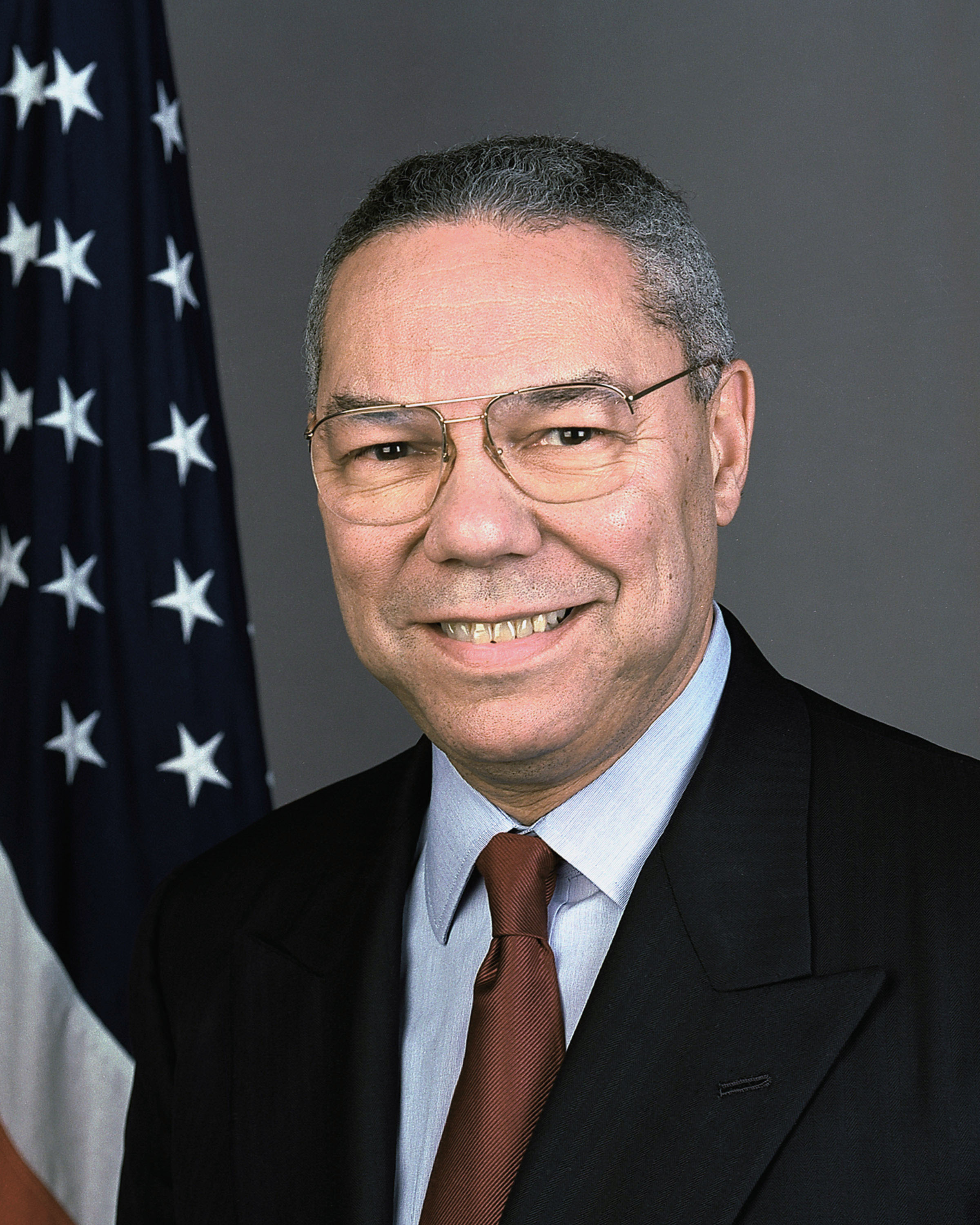On November 5th I
attended my fifth night at Step by Step. Through each night I attended, I had
increasingly felt more and more familiar with the experience of it. I knew the
kinds of activities we would be doing, the personalities of the children, and
what to expect from the evening.
The night of the 5th,
however, was the first time in which I truly felt at home, at ease. I felt
comfortable, as though I had been there hundreds of times. All of the
activities felt normal, and each child felt like a friend.
Seeing children consistently over
the weeks has undoubtedly been one of the best parts of the volunteer
experience. Even though the volunteer nights are two weeks apart, the children
still have an amazing capacity for remembering the various volunteers, and
always express excitement when they walk in.
Somara is the very first child I
met at Step by Step, the young girl who so enthusiastically braided my hair in
my video post. She has a large and vibrant personality, and has been such a joy
to see each night. She never fails to conjure up uproariously hilarious games,
and to energetically boss around the volunteers in playing them. On the night
of the 5th, a new girl, Alissa, attended, who was clearly frightened
at first. Somara quickly won her over, though, and I was amazed to see the way
that fearful Alissa opened up so swiftly to her.
 |
| Somara and Alissa play and laugh together. |
In my first written post I also
mentioned Eva, the young girl who gave into her human nature by deciding to
trust. She has attended nearly every week, and each time has been increasingly
outgoing and playful. She laughs often now, not merely giggles but mirthful
laughs that tumble easily from her. Eva has blossomed swiftly over the past few
weeks, and that has been beautiful to see.
Somara and Eva are just two of the
children who attend, but their personalities display wide varieties of human
ability and potential. Somara’s vibrant energy contrasts to Eva’s careful ways,
but they each still have the playful heart of a child. Every single child that
attends has such a unique personality that becomes swiftly evident in the way
that they play and talk.
Feeling so at home made me realize
how well I had come to know the children, even over only a few hours every two
weeks. They have grown on me so quickly, and I have loved seeing both the wide
differences and undeniable similarities in their personalities.
I love having a place with these
children, and building relationships with them, the individual human beings
that they are, has been a true gift.
 |
Eva colors intently.
Somara and Eva are just two of the
children who attend, but their personalities display wide varieties of human
ability and potential. Somara’s vibrant energy contrasts to Eva’s careful ways,
but they each still have the playful heart of a child. Every single child that
attends has such a unique personality that becomes swiftly evident in the way
that they play and talk.
|
Feeling so at home made me realize
how well I had come to know the children, even over only a few hours every two
weeks. They have grown on me so quickly, and I have loved seeing both the wide
differences and undeniable similarities in their personalities.
I love having a place with these
children, and building relationships with them, the individual human beings
that they are, has been a true gift.











